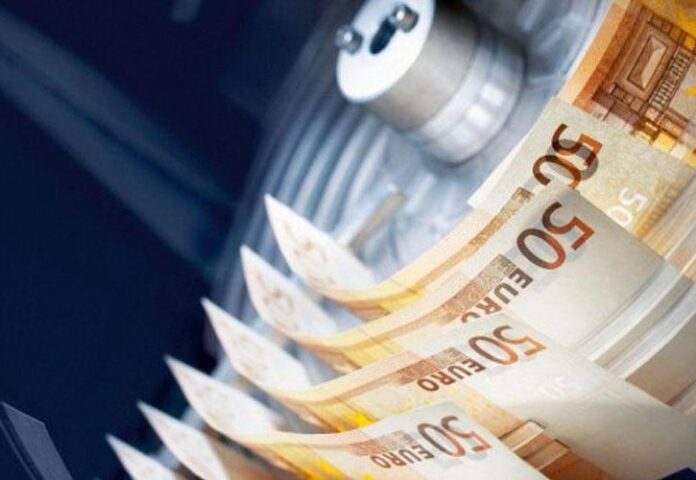
Central banks reduce their reserves in euros
< p>The European Central Bank expresses intense concern about the course of the euro as a reserve currency.
According to a report published on Wednesday 12/06, the share of the euro in < strong>global foreign exchange marketsfell last year amid concerns that plans to use frozen Russian assets to finance Ukraine could further erode the appeal of Europe's single currency.
Other countries reduced euro assets in central bank reserves banks by around €100bn last year, down almost 5%. This reduced the single currency's share of global foreign exchange reserves to a three-year low of 20%.
Recent moves by Swiss and Japanese institutions to shore up their own currencies against the risk of devaluation have resulted in them selling some of their euro holdings, the ECB said. But that did not hurt other critical reserve currencies, such as the US dollar and the Japanese yen, he added, which increased their share last year.
 Source: 24h.com.cy
Source: 24h.com.cy




